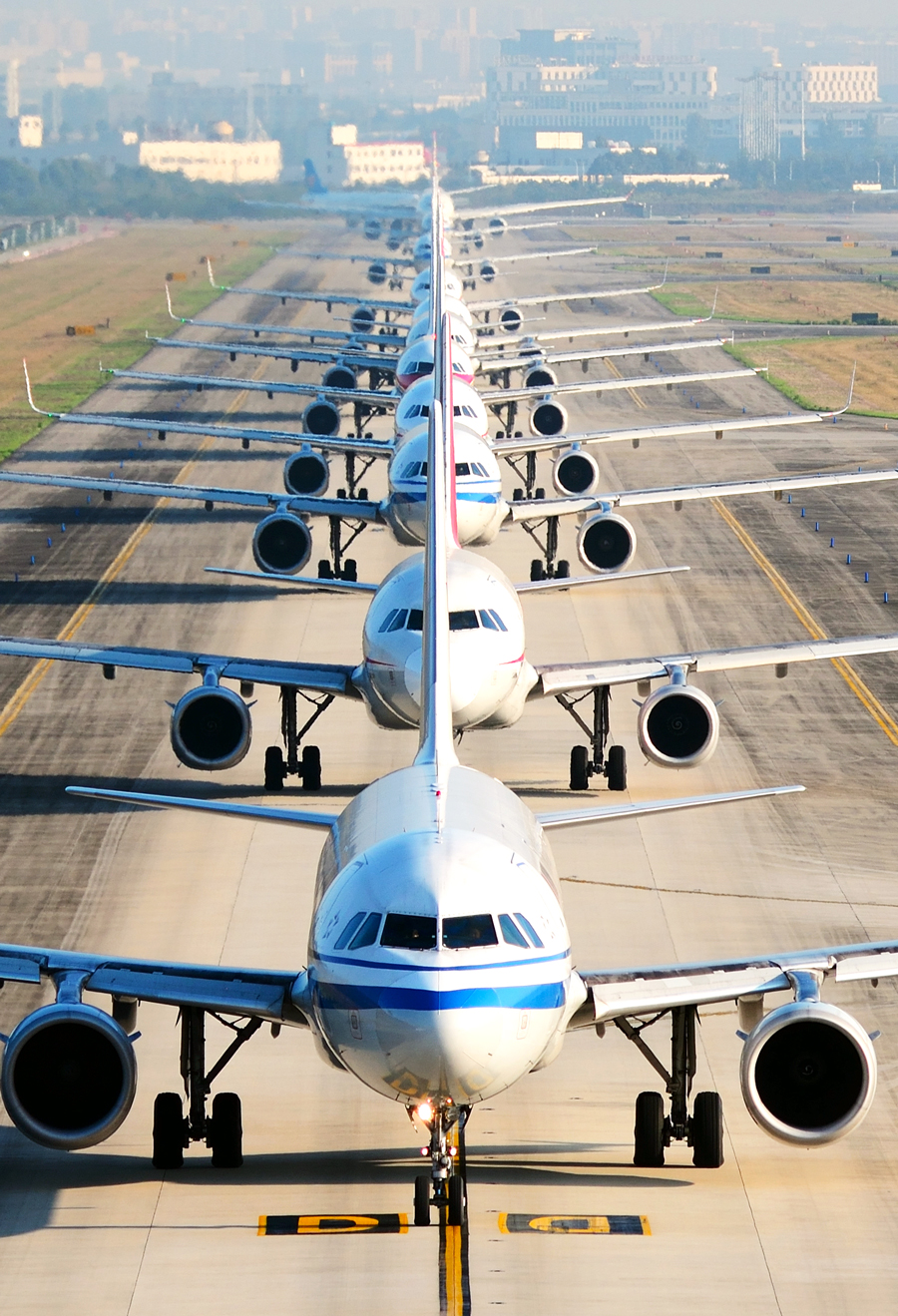On a typical flight, passengers encounter pilots, flight attendants, gate agents, and many other customer-facing employees who are integral to the success of any airline. But what many passengers don’t realize is that, behind the scenes, there’s one specific job that helps ensure a smooth and safe flight: the flight dispatcher. Their role requires communicating with dozens of other employees who are in the air, on the ground, and even at other airports. Curious about how these important individuals work behind the scenes to make air travel possible? Discover below why the role of a flight dispatcher is so important.
What Is a Flight Dispatcher?
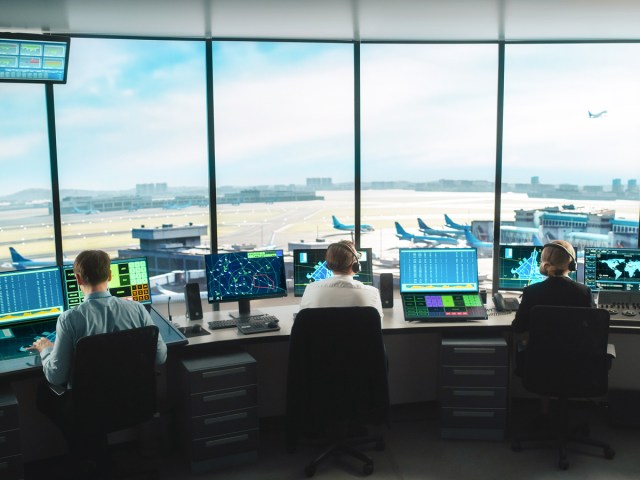
Flight dispatchers work in an airline’s operations center, which is sometimes miles away from the airport. Their day starts long before the flights they’re assigned to begin taking off, when they begin creating flight plans. Once it’s time for departure, flight dispatchers act as liaisons between anyone who may need to communicate vital information at a moment’s notice.
On a typical day, dispatchers relay details about weather conditions, unexpected airspace restrictions, and other potential snags that might affect arrival and departure times. The average domestic flight dispatcher is responsible for overseeing 30 to 45 flights during a nine-hour shift, with around 15 to 20 aircraft in the air at any given moment. When it comes to international flight dispatchers, that number drops to anywhere from four to 20 flights. With that in mind, let’s dive further into a flight dispatcher’s fascinating job duties.
Constant Communication
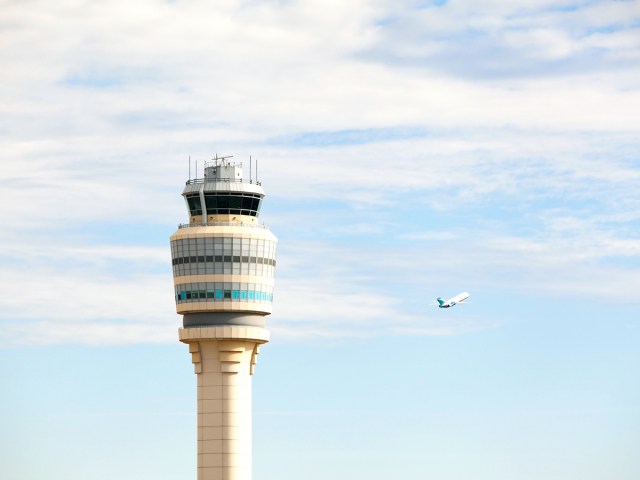
With all the moving parts that come with the hundreds of airplanes at each airline flying around the country every day, it’s critical that flight dispatchers maintain a constant line of communication between each department. That includes the crew on the airplane itself, the ground crew, FAA officials, air traffic control officers, and others.
This line of communication stays open throughout the flight, as pilots may need to contact the flight dispatcher in the event of changing weather patterns, unexpected security concerns, mechanical problems with the aircraft, or any other issues that may affect their route. If such problems occur, the flight dispatcher will determine and relay the best course of action to the pilots should they need to adjust their plan and divert to another airport.
Crew Oversight
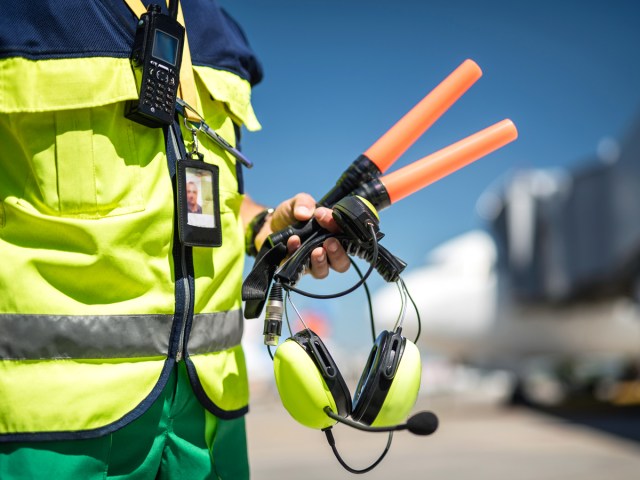
If a crew has exceeded the legal number of hours they can work in a given period, they may become fatigued — and that puts the safety of the passengers at risk. Thankfully, flight dispatchers oversee each crew to determine if they’re capable of flying that day. They monitor both pilots and flight attendants to ensure they’re ready to work. If for any reason they cannot perform their duties, then the flight dispatcher will delay departure until they can find a suitable replacement.
Flight Planning
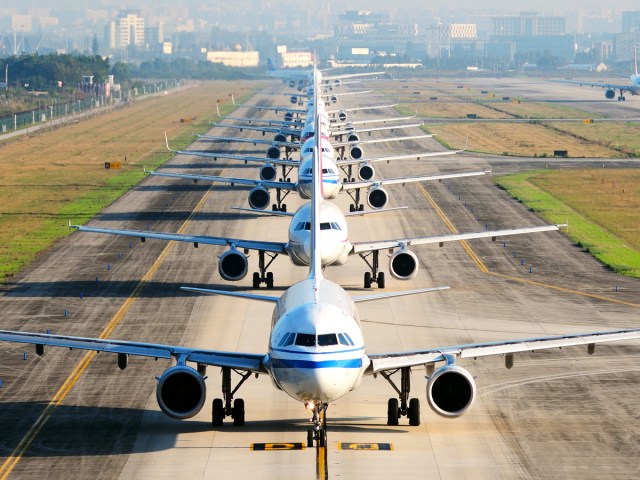
Flight departure and arrival times and routings depend entirely on the flight plan created by the dispatcher. As in any job, some days are smoother than others, when conditions are favorable enough that the schedule runs mostly on time. But on other days, there are unexpected snags related to maintenance, security, and weather. In these instances, the flight dispatcher must develop a new schedule that allows planes to depart as safely and quickly as possible. As part of these flight plans, the dispatcher also must determine how much fuel each airplane needs to reach its destination and ensure that the plane is adequately fueled prior to departure.
When developing a flight plan, dispatchers must take into account the conditions at both the airport that the plane is departing from, as well as the city where it’s set to arrive. Once a plan has been created, the dispatcher will present it to the pilot for approval, though the pilot rarely makes changes. If a flight is delayed for any reason, the flight dispatcher will remain in constant communication with the crew on each airplane to determine if a later departure is possible — or if the flight will ultimately be canceled.
Weather Monitoring
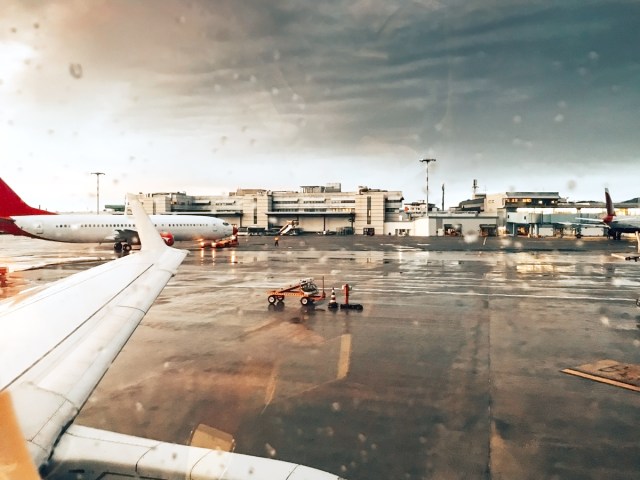
As frequent travelers are all too aware, weather can have an adverse impact on flights, preventing them from reaching their destinations on time. When poor weather conditions are present along a planned flight route, it’s up to the flight dispatcher to determine if it’s safe to travel — and if it is, the best course of action.
A flight can be impacted by heavy wind, thunderstorms, and a wide variety of other factors that are out of the airline’s control. Should any of these issues arise before departure, then the flight may be grounded by the dispatcher until the bad weather passes. Or if weather conditions change for the worse mid-flight, then the flight dispatcher may determine that it’s best to divert the airplane to another airport for a safe landing. Though it might be an inconvenience to passengers, the responsibility of flight dispatchers is making sure everyone arrives safely — and for them, it’s all in a day’s work.
More from our network
Daily Passport is part of Inbox Studio, an email-first media company. *Indicates a third-party property.






